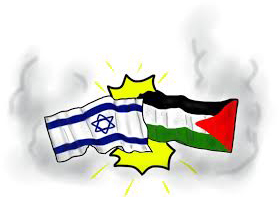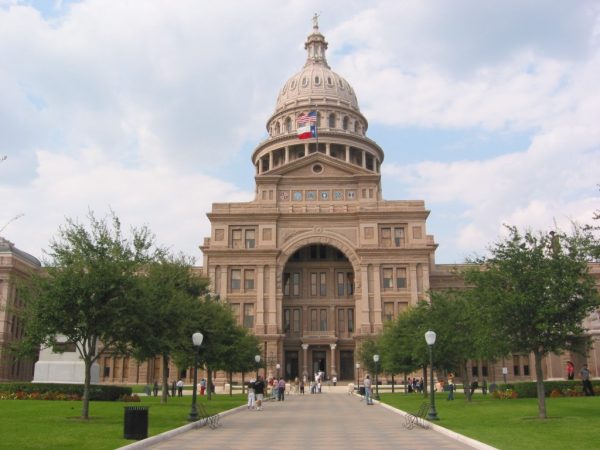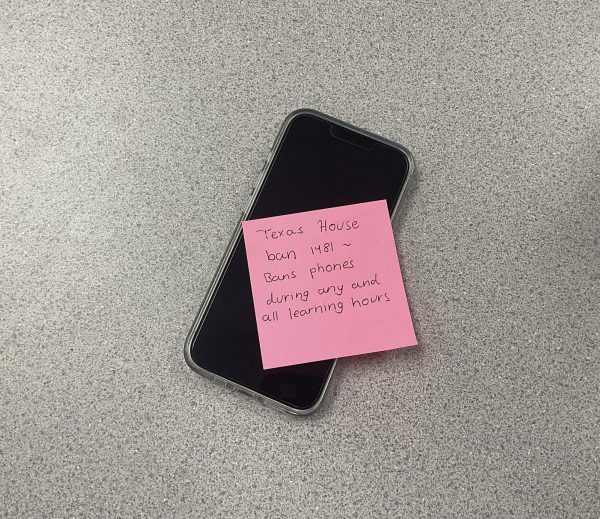Concerned citizen explains why peace is difficult to achieve in Israel-Gaza conflict

Since the start of the recent Israel-Gaza conflict in July, it seems everyone from the average citizen to Selena Gomez has been calling for peace. In the Western world, it’s easy to say, “Can’t they all just get along?” I don’t think everyone realizes that the situation is not that simple. So before you retweet your favorite pop star, just know that this conflict is messy. This conflict is ancient. This conflict stems from thousands of years of history and war, and peace isn’t so easy to achieve in one of the most culturally diverse — and contentious — regions in the world.
Let’s start in 1948. At this time, the United Nations declared that the region would be split into two separate states of Israel and Palestine. Seeking to unify one large Palestinian country, Arab leaders invaded Israel, but the Israelis defeated them and ultimately gained more land. After the Six-Day War in 1967, Israel occupied the Gaza Strip, but eventually withdrew in 2005. Since then, Israel has maintained a pretty airtight blockade of Gaza, which is now run by the terrorist government Hamas.
Israel and Hamas have been at each other’s throats for years, but what sparked the current fighting? Earlier this summer, three Israeli teenagers were kidnapped, and the Israeli government accused Hamas of the abduction. While Israel conducted investigations and arrests in Gaza, a Palestinian teenager was shot and killed. This resulted in Hamas firing missiles into Israel, which sparked Israel to launch an air strike on Gaza, so on and so forth until another war exploded.
It might seem like a simple solution to create two separate countries, but even if the two nations had separate living spaces, peace probably wouldn’t last for long. Hamas doesn’t just refuse to recognize Israel as a state. Hamas wants to destroy Israel. The two states couldn’t live next to each other for long before the fighting would erupt again.
Maybe I’m being pessimistic, but when I look at the blatant fact of the matter, merely calling for peace doesn’t seem very beneficial. As Americans, we live in a country where different cultures are able to survive together. It’s hard for us to understand a conflict happening in the backyards of a people thousands of miles away, whose history is far more extensive than our own. I agree the destruction is hard to watch, but it isn’t coming out of nowhere for no reason, and it can’t be solved by both sides simply shaking hands. I’m not saying peace is impossible, but until both sides can reach some form of agreement, “love thy neighbor” will be easier tweeted than done.





